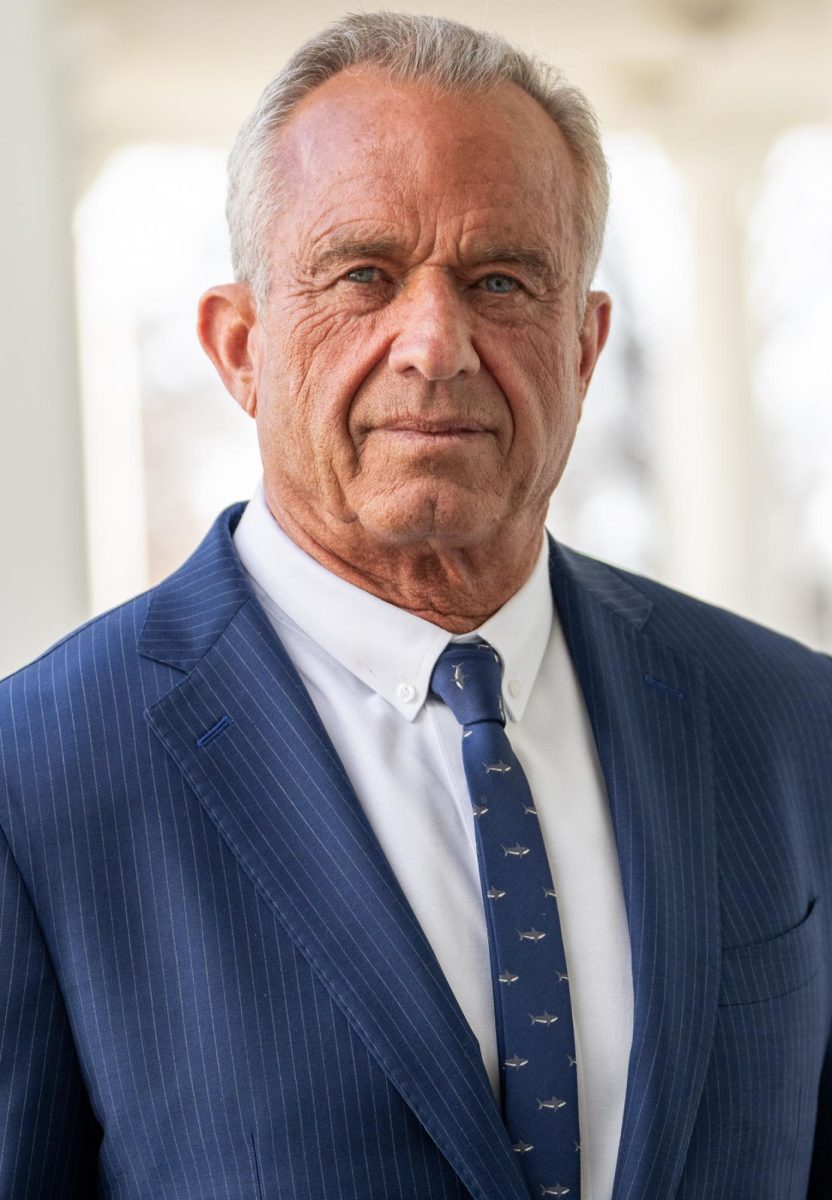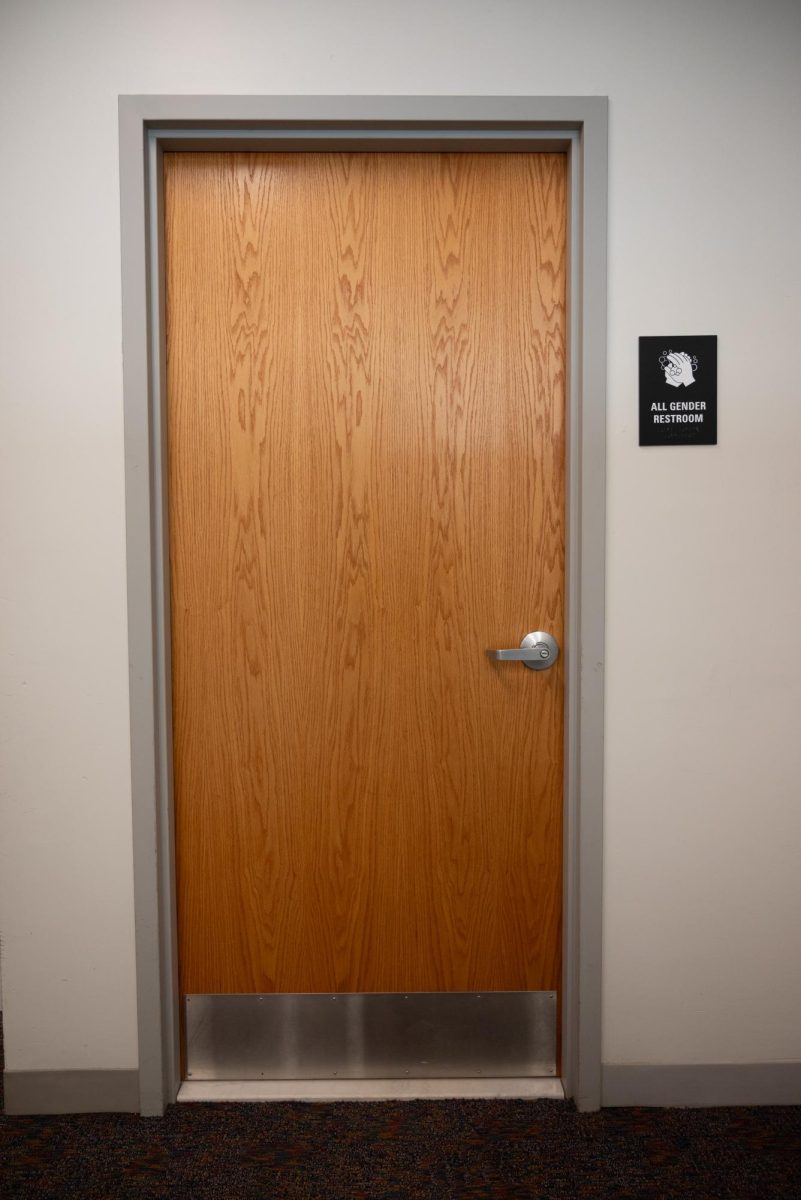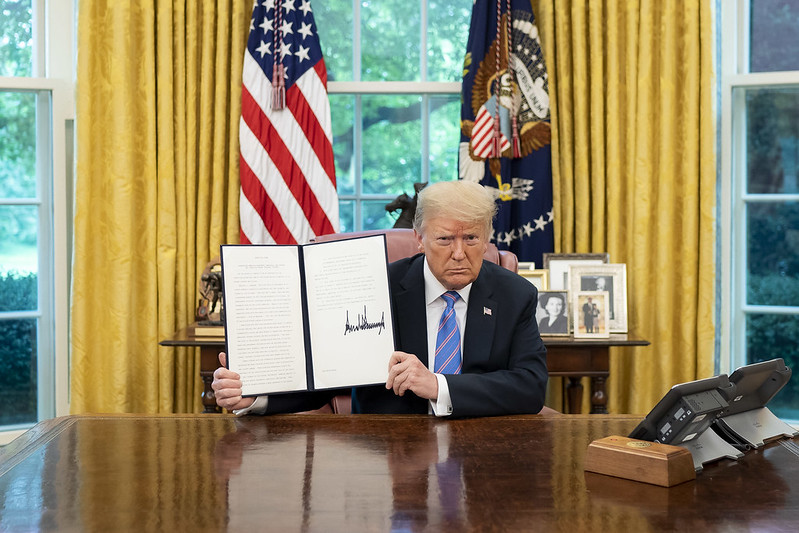By Nick Jacques, News Staff
As we all know, Boston is the “Hub of the Universe.” Our fair city is a global leader in education and culture, and is competing to be a leader in technological innovation. Unfortunately, as young people across the city have probably come to realize, the Hub’s nightlife is lacking. A new grassroots organization thinks the city needs to improve its nightlife to keep its entrepreneurial economy afloat.
The Future Boston Alliance recently compared our notoriously overreaching mayor, Thomas Menino, to Vladimir Putin and threatened him with a “strong young candidate.” Future Boston Alliance released a two-and-a-half-minute animated video last month outlining its mission: Make Boston a better city for young people to live in. The Alliance is headed by Greg Selkoe, the founder and CEO of the clothing company Karmaloop.
Future Boston Alliance says that the three areas stifling Boston’s potential are over-burdening regulations, outdated infrastructure and Boston’s power structure – all of which choke the city’s nightlife.
This is all true. One of the biggest complaints I’ve heard from 20-somethings about Boston is the 2 a.m. last call. State law forbids establishments from serving alcohol after 2 a.m. Boston’s licensing commission doesn’t allow establishments to remain open after 2 a.m., regardless of whether alcohol is being served.
This needs to change. Apart from the limit last call puts on nightlife, it creates chaos downtown when everyone is kicked out of the bars and clubs and the same time. If last call were later, people would leave on their own time and nightlife wouldn’t be stifled.
But this is unlikely. Despite what power he may or may not have, King Mumbles Menino isn’t likely to side with the kids. During his last re-election campaign, Menino’s challenger, Michael Flaherty, tried to energize our demographic by accusing Menino of tossing a “wet blanket” on Boston’s nightlife. Menino secured his victory when the race became a battle of the generations.
Problem is, as anyone who has lived on Mission Hill – or sat through an assembly on Northeastern’s “P.L.E.D.G.E” – knows, Boston residents aren’t incredibly fond of young people and our nightlife.
There is no easy solution to Boston’s outdated infrastructure. The biggest issue is the T. In addition to complaints about last call, everyone loves to complain about how the T doesn’t run all night. While it’s ridiculous that there’s no public transportation available to transport bar-goers home, the infrastructure won’t allow for this. Every night the T has to shut down so workers can maintain the tracks. This is typical of any subway system, but other systems – notably New York City’s, which runs all night – have backup tracks the trains can run on while the main tracks are being repaired. This infrastructure doesn’t exist in Boston, and since the T hardly has enough money to exist, we can’t expect 24/7 subway service anytime soon.
With that being said, there is an alternative. Until 2005, the T offered Night Owl weekend bus services, which ran until 2:30 a.m. Night Owl was discontinued because of low ridership. The state has an interest in preventing drunk driving, however, and extending public transportation past last call would be worth the financial hit.
Until this happens, however, the lack of public transportation makes taxis the only safe way home from the bars and clubs. Unfortunately Boston’s taxi regulations are a mess, which cause Boston to have the country’s highest taxi fares, and leave patrons fighting over taxis after last call.
The Future Boston Alliance plans to tackle these issues, among others, with hopes a hipper city will make young entrepreneurs actually want to live here. The organization will face an uphill battle against almost 400 years of Puritan traditions. Although the days of Hawthorne’s “Scarlet Letter” are long behind us, the paternalistic sentiment has survived in the form of the “Banned in Boston” days of the early 20th century to today’s Menino-knows-best regulations.
These issues have long plagued Boston’s 20-something community, but this is the first serous effort to combat them. Although others have stood up to King Mumbles before, the Future Boston Alliance is a serious organization with serious players. It’s made up of local entrepreneurs who are concerned at the rate recent college grads, who are imperative for innovation, are fleeing the city. Founder and CEO Selkoe is also a Harvard-educated city planner who used to head the Boston Redevelopment Authority. He knows the city, he knows the issues, and if we’re lucky, he knows how to make it a fun place to live.









